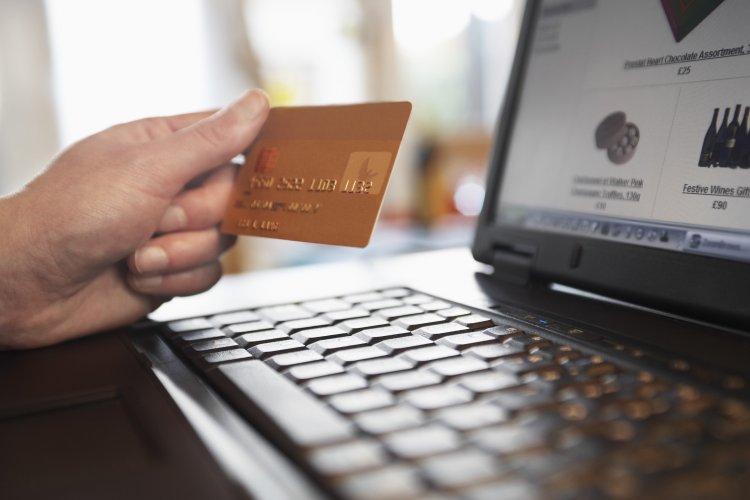One of the greatest inventions in the last 20 years has to be the ability to accept and send payments to anyone online. There are many services that have popped up to enable this ability, but none has infiltrated the market quite like PayPal.
While PayPal is the standard by which others aspire, it’s still a good idea to have more than one way to accept and send payments online. Having a backup method can avoid issues with cash flow, as well as give you a backup in case of fraudulent activity on your account. Anytime you use any method of payment, other than cash in person, there is always the potential for fraud.
Read Every Website’s Privacy Policy
Before you do business via any website, read their entire privacy policy to ensure that they are following the law. Any website that sells anything, physical, digital or service related that doesn’t have a privacy policy could be a sign of a serious problem and even fraudulent activity.
Keep Copies of Receipts
Today, you can scan receipts, or even have them emailed to you by the companies you do business with. In this way, you can save them during the tax year and then archive them for many years to come in case an issue arises. Copying all receipts, and looking at all receipts to establish accuracy, is imperative.
Check Your Account Statements Regularly
Matching your receipts with your account statement is also a very important thing to do on a regular basis. Mistakes get made all the time, but if you’re on top of your accounts, it’s less likely that mistakes or fraud can happen. The sooner you start an investigation on any questionable activity, the better.
Keep Copies of All Communication
Whether mail, email, or otherwise, keep track of all communication between you and the other party when it comes to issues of finances. Confirmation numbers, names of persons you speak to, and any information you can gather can come in handy if an issue comes up that needs to be addressed.
Use Only Secure Browsers
Don’t assume that every browser is secure. Most are set up from the factory to be secure by default, but this is not always the case. Ensure that your system is secure by installing antivirus software, pay attention to what and where you click, and don’t click without reading the fine print. Read all about configuring your web browser to be secure using this link.
Keep Personal Information Private
Over the course of a year or two of doing business online, many people will ask for personal information from you. To protect your personal information, it’s important (if you live in the USA) to obtain an EIN, known as an Employer Identification Number. You do not have to plan to hire anyone to get this number; it’s free, and takes only minutes. It can protect your personal information. Instead of giving out your home address and social security number to secure payments from a contract, you can instead provide an office address and your EIN. Here’s where you can apply for an EIN
Give Information Only to Reputable Businesses
Even when it comes to your EIN, don’t give this information out freely. Check out any business entity to ensure that it isreal and not acting in a fraudulent way before giving out your personal information. Just because someone says he is a business owner online doesn’t mean he is. Check him out.
Set up Account Alerts
Most bank accounts and PayPal allow you to set up alerts and emails when your account is used or accessed. It’s important to set these alerts up so that you receive an email or a phone call if certain types of transactions take place. The emails can really help you cut off fraud right at the time it happens, thus ensuring that it doesn’t get worse.
Finally, it’s imperative that you thoroughly understand your financial rights for any online account that you set up. Know what your responsibilities, risks and rewards are for sending or receiving payments using any online method whatsoever. Knowing up front that a system is reliable is an important component of doing business online, whether sending or receiving a payment.

